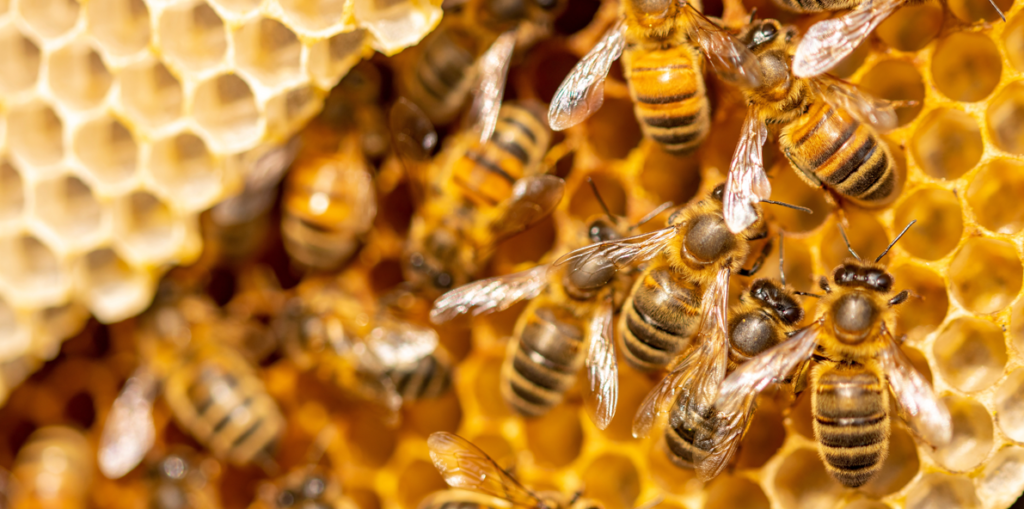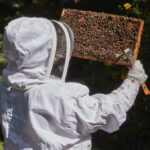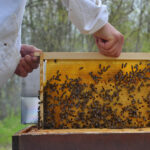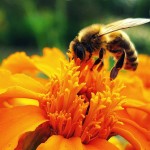Importance of Bees
Bees are incredibly important to the Earth for several reasons. They are crucial for maintaining the balance of our ecosystem, supporting good security, and contributing to human well-being. Protecting bee populations and their habitats is essential for the health of the planet and future generations.
Pollination:
Bees play a crucial role in pollinating flowering plants, including many crops that humans rely on for food. When bees collect nectar and pollen from flowers, they transfer pollen from one flower to another. This fertilizes them and enables plants to produce fruits and seeds.
Biodiversity:
Bees are vital for maintaining biodiversity. They pollinate a wide variety of plants, including many wildflowers, which provide habitat and food for numerous other species. By facilitating the reproduction of plants, bees indirectly support the entire ecosystem.
Food Production:
Bees are essential for agriculture. Many crops, including fruits, vegetables, nuts, and oilseeds, depend on bee pollination to produce high yields and quality harvests. Without bees, the production of these crops would decline, leading to food shortages and economic losses.
Ecosystem Services:
Bees provide valuable ecosystem services beyond pollination. They contribute to soil health by aiding in the decomposition of organic matter, and they support the diets of other wildlife through their honey and pollen production. Additionally, bees are important indicators of environmental health. If bee populations decline, it can signal broader ecological issues.
Economic Impact:
The economic value of bees is significant. In addition to their direct contribution to crop pollination, bees also support industries such as beekeeping, honey production, and the manufacture of beeswax and other bee-derived products. These industries provide livelihoods for millions of people worldwide.
Medicinal Uses:
Products derived from bees, such as honey, royal jelly, propolis, and bee venom, have been used for medicinal purposes for centuries. They have antimicrobial, anti-inflammatory, and antioxidant properties, and research continues to explore their potential in treating various health conditions.
Facebook | Instagram | LinkedIn | X








Leave a Reply